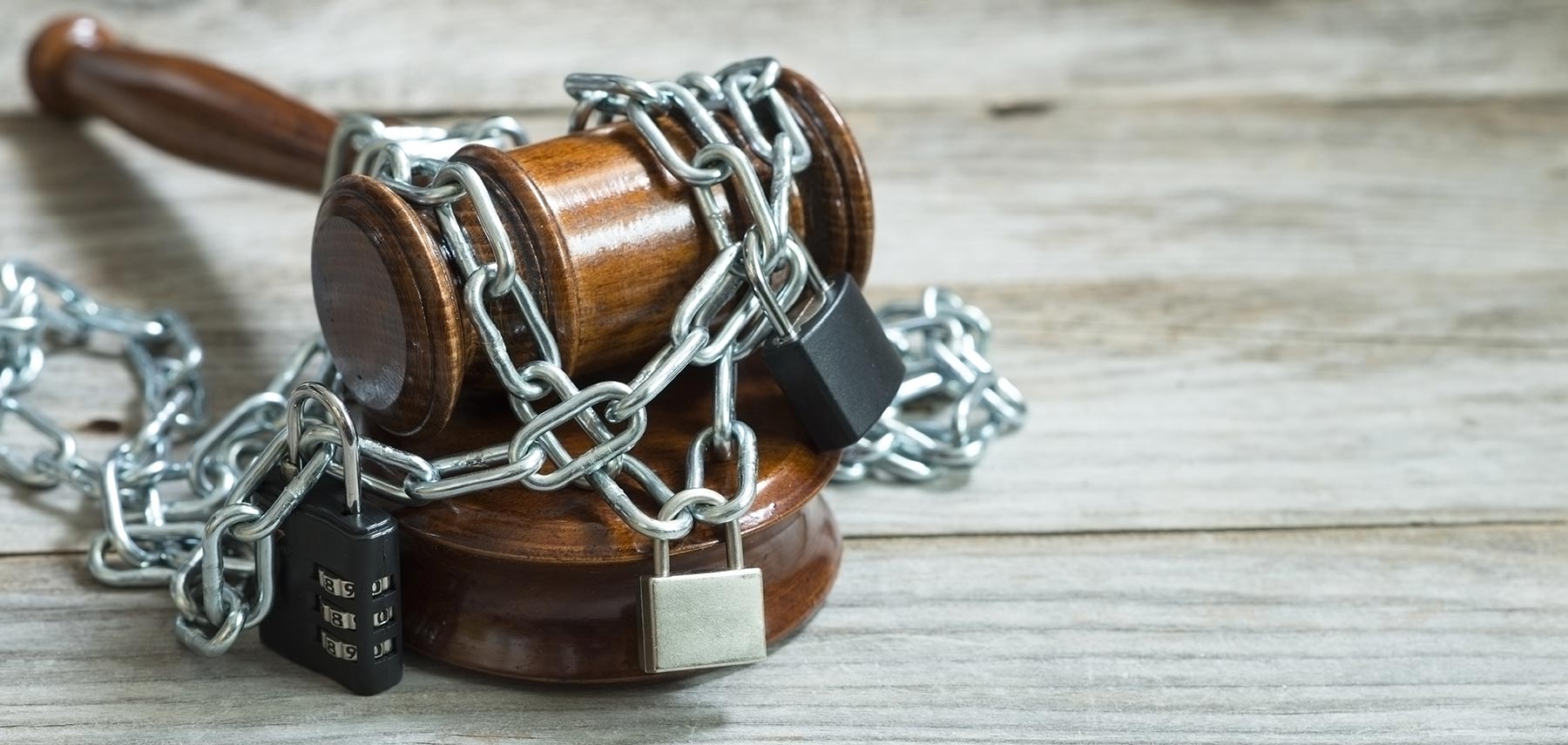IBAHRI condemns harassment of Judge Tuleya and urges Poland to cease arbitrary proceedings against him
Wednesday 25 November 2020
The International Bar Association’s Human Rights Institute (IBAHRI) is deeply alarmed by the removal of immunity from Judge Igor Tuleya by the Disciplinary Chamber of Poland’s Supreme Court on 18 November 2020 and condemns the action. The decision violates the international standards protecting and upholding the independence of the judiciary and constitutes judicial harassment. The IBAHRI urges Poland’s authorities to cease judicial harassment of, and halt arbitrary proceedings against, Judge Tuleya, who was suspended from his official duties and has had his salary cut by 25 per cent.
Judge Tuleya became the subject of arbitrary proceedings after he permitted journalists and the public to attend the court hearing concerning the 2017 budget vote in the Polish House of Representatives which took place without the presence of the opposition. The prosecutor’s office charged Judge Tuleya with ‘failing to comply with his official duties and overstepping his powers’ for allegedly disclosing a secret of the investigation to ‘unauthorised parties’. However, according to the Polish Criminal Procedure Code, judges have the discretion to decide whether to hold public hearings if it is ‘in the interest of justice’.

IBAHRI Co-Chair and former Justice of the High Court of Australia (1996–2006), the Hon Michael Kirby AC CMG, commented: ‘The IBAHRI notes that the decision made by the Disciplinary Chamber on waiving the immunity of Judge Tuleya lacks legitimacy as it does not fulfil the criteria for an independent court provided by both national and European Union law (EU Law). Poland continues on its path to further erode the rule of law. Such repressive unsubstantiated action against an independent judge striving to uphold democratic principles and the rule of law are blatant violations of international law and are clear attempts to gain political control over the judiciary. This is a very dangerous path, and it is our duty as an international community to find ways to hold Poland to account.’
The Labour, Criminal and Civil Chambers of the Supreme Court of Poland, as well as the Court of Justice of the European Union (CJEU), called into question the legality and independence of the Disciplinary Chamber. The CJEU’s decision ordered the Chamber to cease all of its judicial activity. Moreover, under the Constitution of the Republic of Poland, the creation of an extraordinary court, such as the Disciplinary Chamber, is forbidden during peacetime. By allowing the Chamber to continue its activities and render a decision, Poland violated the Constitution and its obligations under EU Law.
The independence of the judiciary is guaranteed by international instruments such as the United Nations Basic Principles on the Independence of the Judiciary (UN Basic Principles) and Bangalore Principles of Judicial Conduct. The UN Basic Principles explicitly state that ‘the independence of the judiciary shall be guaranteed by the State […] It is the duty of all governmental and other institutions to respect and observe the independence of the judiciary.’
Moreover, binding international instruments for Poland – the International Covenant on Civil and Political Rights (Article 14(1)) and the European Convention on Human Rights (Article 6) affirm the obligation of a state to ensure the protection of independence of the judiciary from political interference by the executive branch and legislature.
IBAHRI Co-Chair and immediate past Secretary-General of the Swedish Bar Association, Anne Ramberg Dr Jur hc, commented: ‘The IBAHRI deeply regrets the growing and alarming climate of persecution of independent judges and legal professionals in Poland. The emphasis must be added to the significance of this case as Judge Igor Tuleya is the first to lose immunity as a direct result of his actions in the courtroom. This sets a dangerous precedent, creates a hostile environment for the independence of the judiciary and leads to a chilling effect among independent judges in Poland. The IBAHRI urges Poland to respect its national and international obligations. In particular, Articles 7, 9 and 186 of the Constitution of Poland enshrines its duty to uphold the independence of the judiciary and respect for international human rights law, as well as highly regarded international standards on the independence of the judiciary.’
ENDS
Notes to the Editor
-
Related material:
– Poland: IBAHRI calls for charges against lawyer Roman Giertych to be dropped
– IBAHRI additional news releases and reports on Poland
-
The International Bar Association’s Human Rights Institute (IBAHRI), an autonomous and financially independent entity, works to promote, protect and enforce human rights under a just rule of law, and to preserve the independence of the judiciary and the legal profession worldwide.
-
The International Bar Association (IBA), the global voice of the legal profession, is the foremost organisation for international legal practitioners, bar associations and law societies. Established in 1947, shortly after the creation of the United Nations, it was born out of the conviction that an organisation made up of the world's bar associations could contribute to global stability and peace through the administration of justice.
For further information, please contact:
Romana St. Matthew - Daniel
Press Office
International Bar Association
4th Floor, 10 St Bride Street,
London EC4A 4AD,
United Kingdom
Mobile: +44 (0)7940 731 915
Direct Line: +44 (0)20 7842 0094
Main Office: +44 (0)20 7842 0090
Fax: +44 (0)20 7842 0091
Email: romana.daniel@int-bar.org
Website: www.ibanet.org
IBAHRI website page link for this news release:
Short link: tinyurl.com/yxws8ttq